What You Should Know about Temperature and Sleep
Everybody knows that trying to sleep in a room that’s too hot or too cold can be troublesome. But the science behind it is more detailed than you might think.
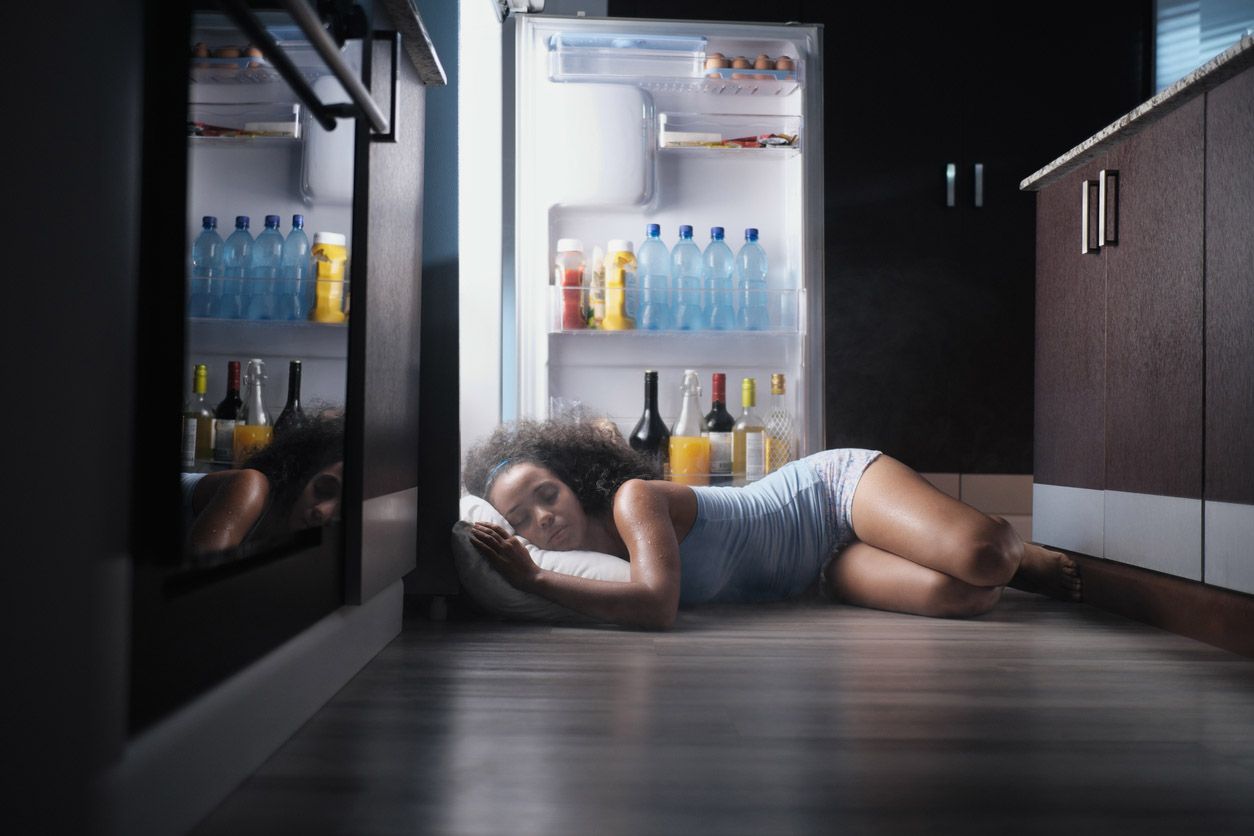
Proper sleep health includes evaluating not just behavioral factors, but environmental factors. Problems with the environment that are preventing you from getting your best sleep are often the easiest things to address.
Everybody knows that trying to sleep in a room that’s too hot or too cold can be troublesome. But the science behind it is more detailed than you might think.
Does it seem like it's either too hot, or too cold? There's a reason for that.
Your body’s temperature regulation system plays a number of key roles. It can raise your internal temperature as a defense mechanism against viruses and bacteria (this is what causes a fever), and it can induce autonomic functions like sweating or shivering as a defense against extremes in ambient temperature.
Your body — particularly, your hypothalamus — adjusts or shuts down several autonomic functions when you sleep. It adjusts your cardiovascular and respiratory system behavior, and during REM sleep it effectively shuts down your sweating and shivering responses, leaving you more susceptible to temperature changes. You’re more likely to wake up when it’s too hot, or too cold.
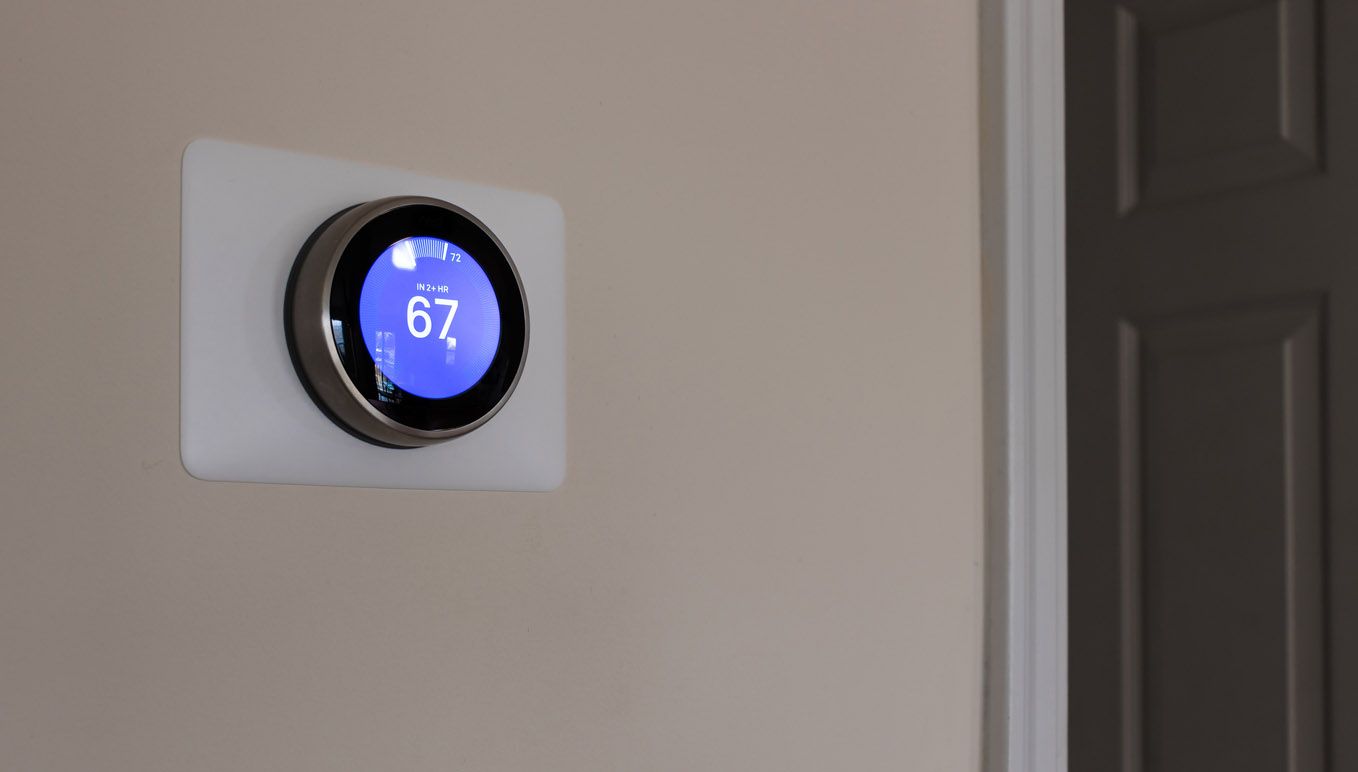
There’s another practical reason for this, that has nothing to do with your body: many homes, particularly apartments, use a single thermostat to control the entire home environment, and it’s usually situated in a living area. If it’s left in automatic mode overnight, it’s going to adjust heating and cooling based on the ambient temperature of a large, empty room, rather than your bedroom, which is likely smaller and being warmed by your body heat. That’s why sleep experts recommend installing a thermostat in your bedroom (even if it’s a portable heater or cooler) and turning off the central heating and cooling system. You might just save money on your utility bill, too.
Scientists have determined the ideal sleeping temperature. And, it's based on evolution.
Empirical data has shown that the ideal sleeping temperature is 65℉, or about 18℃. That’s a little cooler than the ideal ambient temperature during the day, because our bodies expect it to be cooler.
Your sleep cycle is controlled by your circadian rhythm, and it’s still set up to be in service to your ancestors, who lived in an age before electric lighting and sophisticated climate control systems. The main influencer is light exposure — that is, when it’s bright, your body does everything it can to keep you awake, and when it’s dark, it does its best to help you get to sleep. But, ambient temperature also affects your body’s sleep cycle. Your body even lowers your internal temperature by as much as two degrees when you’re ready to go to sleep, to get it closer to the expected cooler ambient temperature.
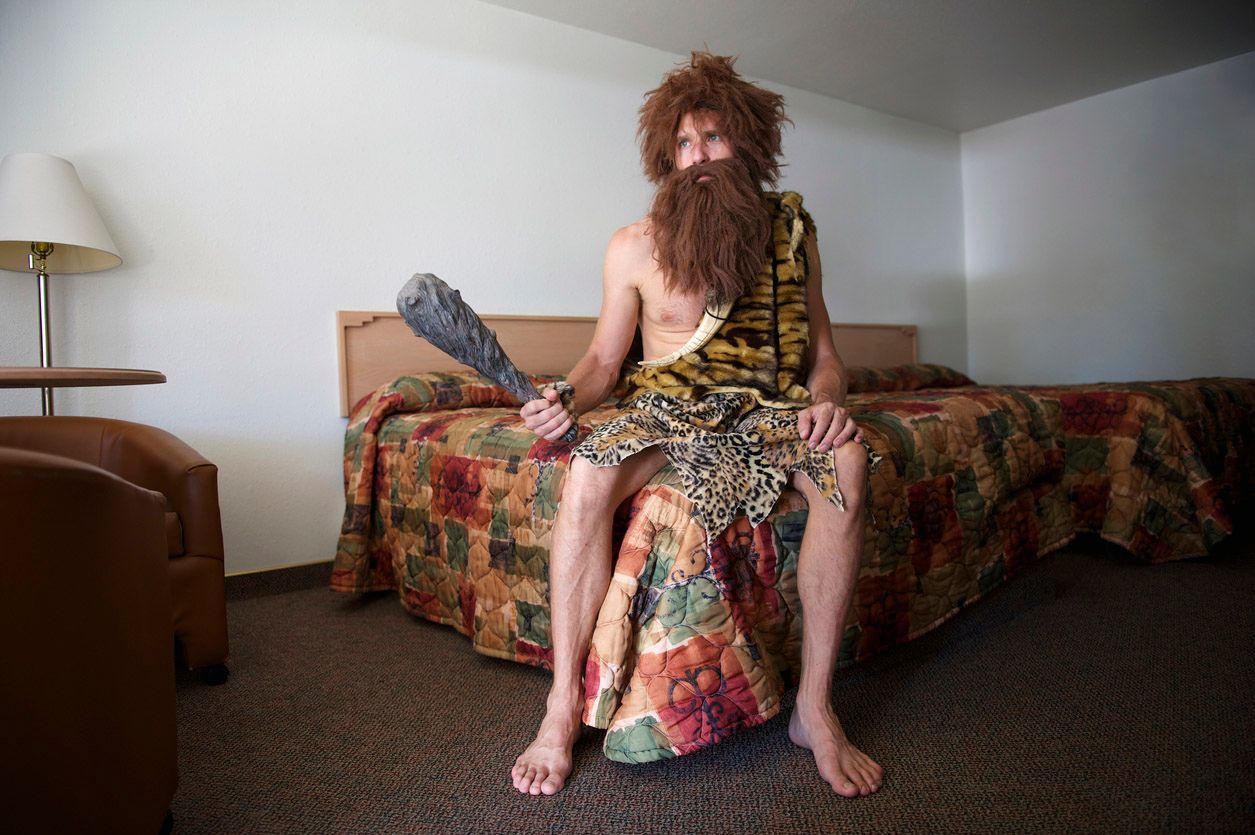
While it’s light exposure that’s the primary influence on your sleep cycle, a sleeping environment that’s too warm can cause restless sleep because your body isn’t getting the “it’s getting colder, so you should be sleepy” signal.
Sleeping in an environment that's too cold or too hot is bad, but for different reasons.
The deepest form of sleep is called slow wave sleep. For most people, this slow wave sleep period lasts for up to 90 minutes, toward the beginning of the night. Many experts believe that this is the period during which your brain does its internal housekeeping. It’s critical to feeling mentally sharp and rested during the day. But, researchers have observed that a higher core body temperature interferes with the ability to properly enter the slow wave sleep phase.
A lack of slow-wave sleep can also affect your immune system and your ability to recover from stress or injuries. If you find that colds are lingering longer than they should, it’s a good opportunity to look at your sleeping environment and ensure that it provides the proper temperature range to allow for deep slumber.
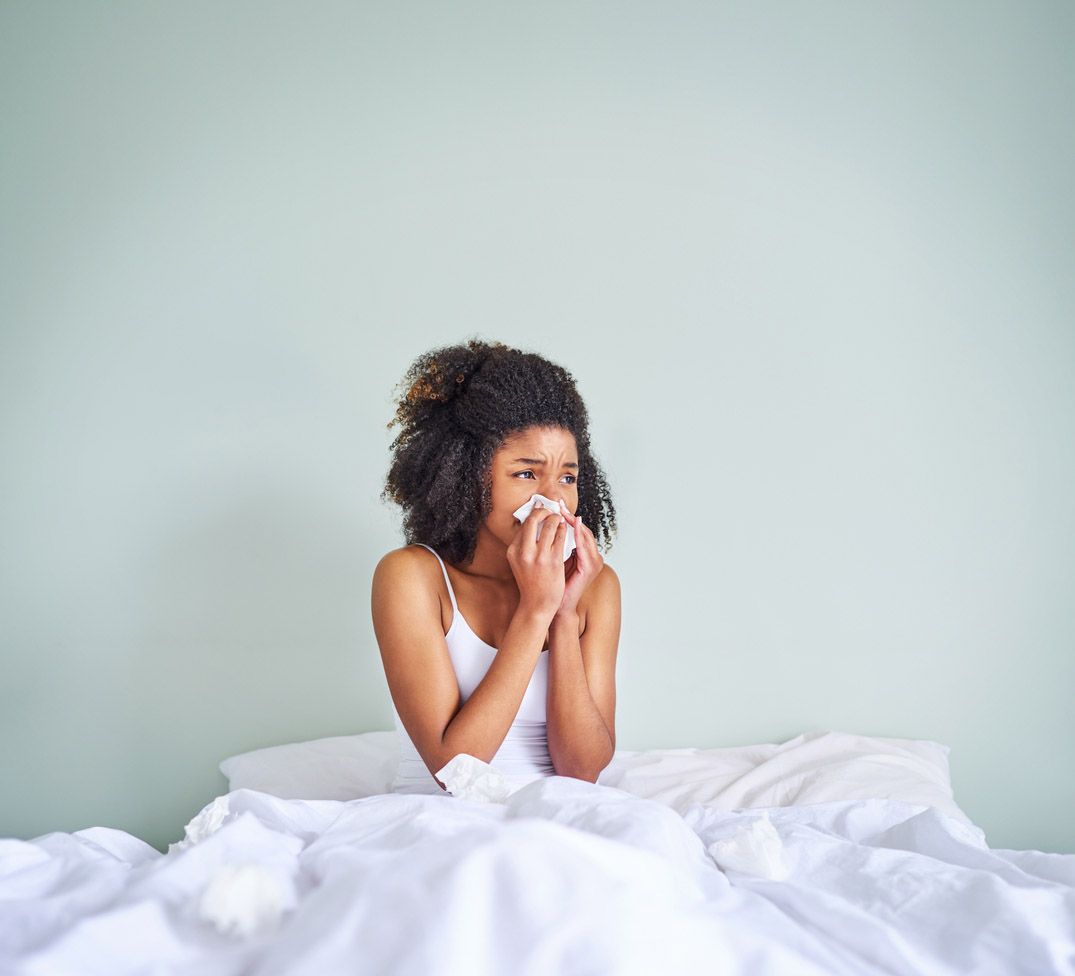
In short, it’s not just the tossing, turning, and night sweats: sleeping in an environment that’s too hot can have a tremendous effect on how well you do when you’re awake.
Sleeping in an environment that’s too cold has its own set of consequences. It’s been linked to a higher incidence of heart attacks and blood pressure. It’s common for your blood pressure to surge in the morning, but a too-cold room can cause your sympathetic body system to overcompensate and create a higher than normal blood pressure surge.
What can you do?
Regularly sleeping in an environment that’s too warm or too cold can have long-term health consequences. The great news is that, thanks to research and technology, creating an optimal sleeping environment is relatively easy.
Here’s some advice from sleep experts, including The Sleep Foundation, on keeping your sleeping environment cool during hot weather:
- Consider replacing your mattress with one that’s better designed for cooling. These include mattresses made from materials with a high heat capacity, to mattresses with active cooling measures.
- Likewise, your sheets, blankets, and pillow should be made from breathable materials to reduce sweating.
- Turn down the whole-house thermostat, and use a fan or dedicated air conditioner in your bedroom.
- Close curtains or blinds to reduce heat build-up during the day.
- Take a warm shower or bath before you go to sleep. Scientists have shown that this “jump starts” your body’s natural pre-sleep cooling mechanism.

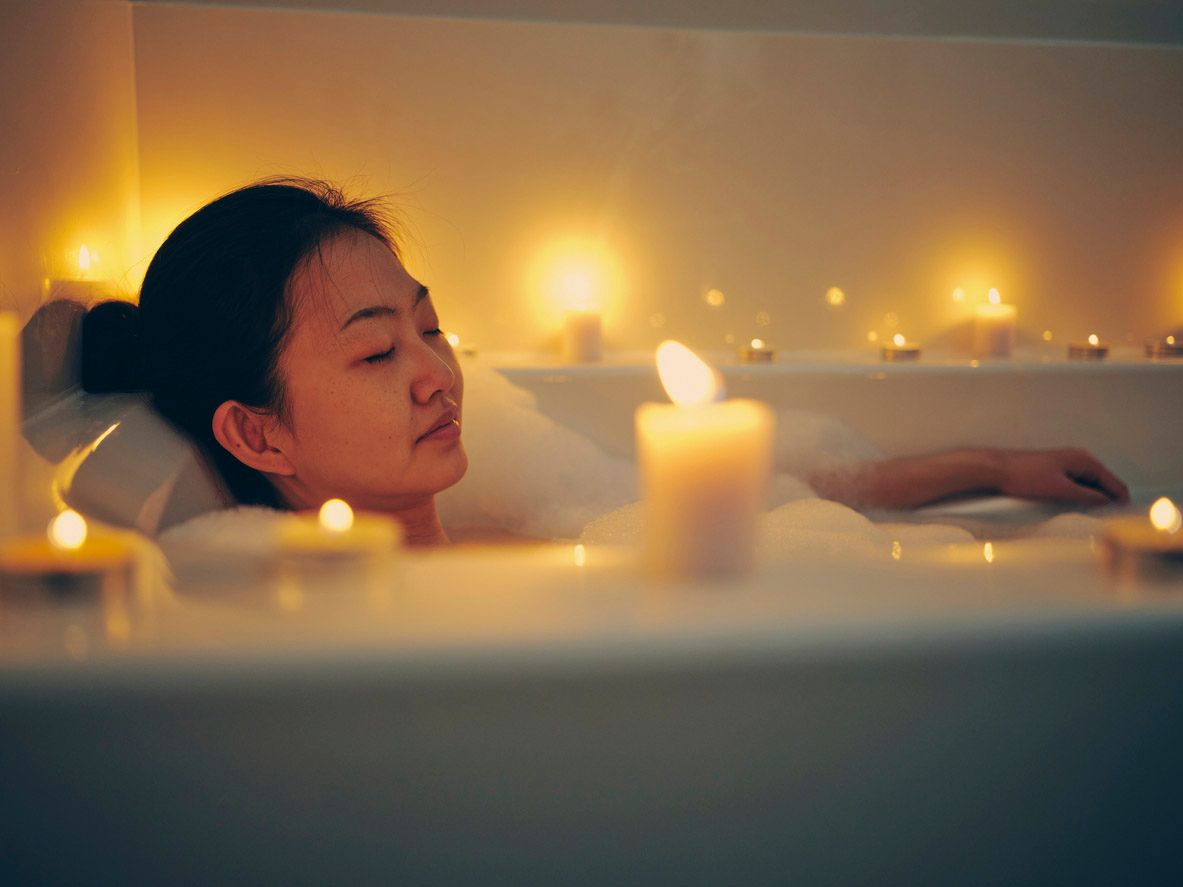
Applying these simple fixes is the first step toward better sleep health. Proper sleep health isn’t entirely dependent on diet and exercise. Our sleep coaches take a holistic approach to improving their clients’ sleep, beginning with a complete analysis of their sleeping environment and finding what works best for them.